The History
of the University
of Music and
Performing Arts Vienna
1817
Establishing a singing school directed by Antonio Salieri
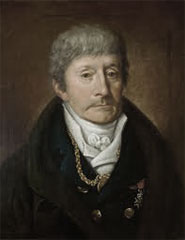
A singing-school with Antonio Salieri as nominal director is established with 12 male and 12 female pupils and two voice instructors. This is the official „birthday“ of the Conservatory and its successor, the University of Music and Performing Arts Vienna.
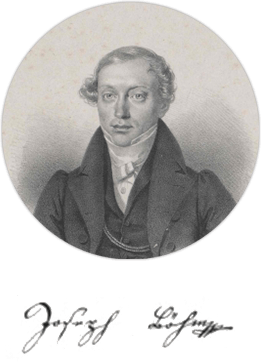
First violin class
The introduction of a violin class in 1819 by Joseph Böhm marks the beginning of instruction in orchestral instruments and is the first step towards establishing a true conservatory.
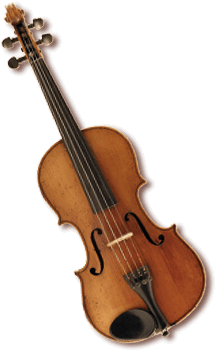
Location "Zum Roten Igel"
The Society of Music Lovers purchases the building „Zum Roten Igel“ (Tuchlauben 12) which is adapted for concert performances and musical instruction of the Conservatory.
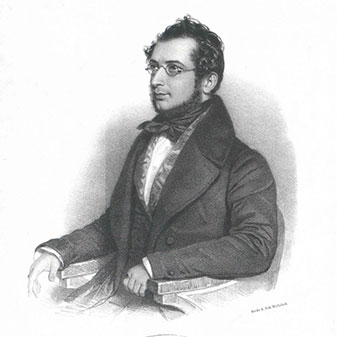
Establishing the first piano class
First instruction in piano by the well-known pianist Josef Fischhof. The course of studies comprises however only one year.
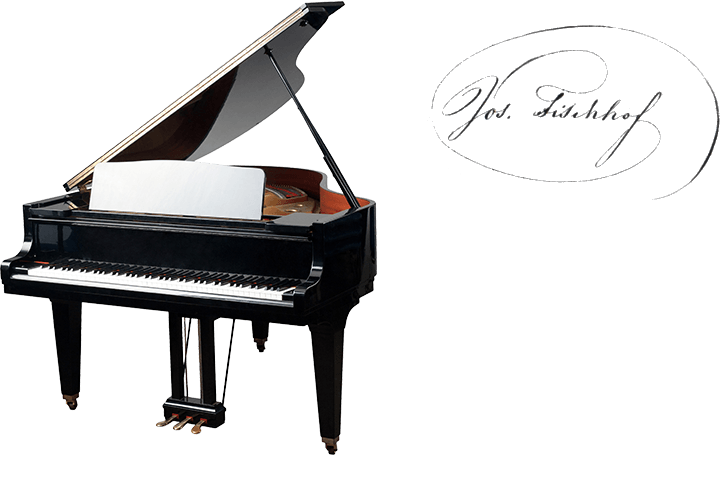
Closing the conservatory
Due to the explosive political situation in 1848 most of the subsidies were not continued and salaries could not be paid: the Conservatory had to be closed.
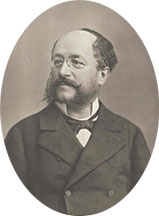
Reopening of the conservatory
The Conservatory re-opens after three years, the violinist Josef Hellmesberger becomes director, under whose leadership of almost 40 years the Conservatory blossoms.
Start of acting classes
The appointment of the actor Heinrich Anschütz, member of the Court Theatre, as instructor for „Declamation“ marks the start of drama instruction at the Conservatory.
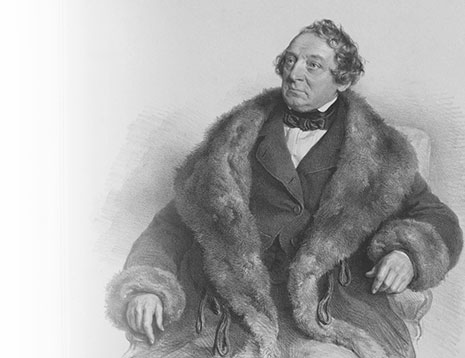
Class "Practical Composition"

Introduction of instruction in „practical composition“. Since 1820 music-theory instruction had been offered, but now composers should be officially trained.
Instruction in the new Musikverein building
Instruction is transferred to the newly erected building of the Society of Music Lovers.
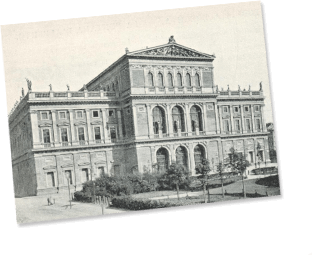
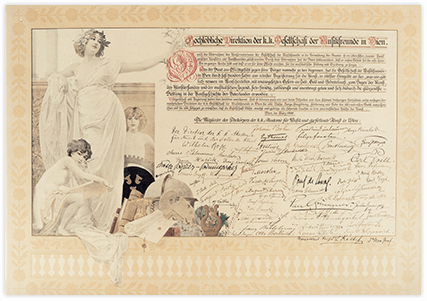
Nationalization of the conservatory
The private Conservatory of the Society of Music Lovers is nationalized as „k.k. Academy of Music and Performing Arts Vienna“. The new structure provides for a president who must be a civil servant appointed by the Ministry, in this case Karl Ritter von Wiener.
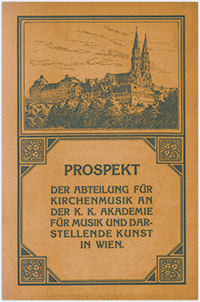
Establishing a department of Church Music
A church music department of the academy is instituted in the Monastery of Klosterneuburg.
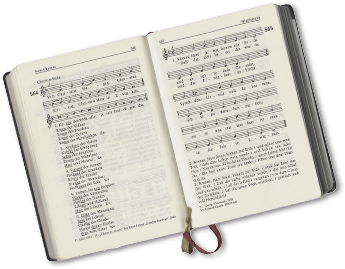
State Academy of Music and Performing Arts

Popular courses are introduced for the general public with a view to improving the music education of a wider slice of the Viennese population. The institution is renamed „State Academy of Music and Performing Arts“.
Establishing the Acting and Directing Seminar
An Acting and Directing Seminar is introduced under the direction of Max Reinhardt in the Court Theatre of the Schönbrunn Palace. The Court Theatre is still utilized today by the Institute for Acting and Directing and the Institute for Voice and Music Theatre of the mdw.
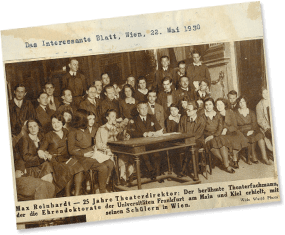
Nazi occupation
Immediately after the „Anschluss“ an SS-intelligence-unit is housed in the Academy and no classes are held until March 23rd. Approximately 100pupils can not continue their studies. Over time, almost 50 % of the instructors are fired.
The Max-Reinhardt-Seminar, which was privatized 1931, is annected as Acting and Directing Seminar of the Academy.
The Department of Music Education is transferred to the newly-founded Music School of the City of Vienna.
Following the Nazi occupation
After the end of the war some classes resume already in April. In the process of denazification 59 faculty members are dismissed, however before classes begin again in autumn numerous party members are already reinstated.
Passing the Art Academy Act
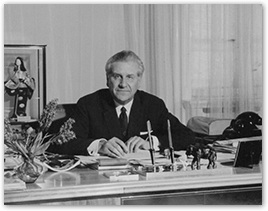
The federal Art Academy Act takes effect, creating a new category of school, the „Art Academy“, which is granted the Academy of Music and Performing Arts Vienna, putting it on a level with the academic universities in Austria. Hans Sittner, interimistic Head of the Academy since 1946, is named President and holds this position until 1971.
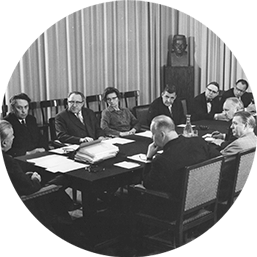
New
organisation charter
The new organisational structure of the Academy takes force with nine (later ten) departments.
Establishing the special class "Seminar of Electronic Music"
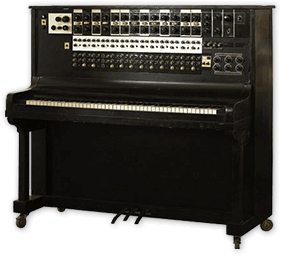
A Seminar for Electronic Music is introduced where an electronic musical instrument – the Akaphon – is developed between 1963 and 1965.
Donation of part of the estate of Bruno Walter to the Academy Library by Walter‘s daughter and heir, Lotte Walter Lindt.
Film and Television

The special course in Film Design, founded 1952, is expanded into a full-fledged Department of Film and Television.

The Art Academy Organisation Act
The Law on the Organization of Art Colleges (KHOG) is adopted in Parlament. This act provides for the conversion of art academies to „Hochschulen“ under the management of a rector, in fact putting them on an equal footing with academic universities.
Start of the Art Academy Study Act
The Art Colleges Act (KHStG) is instituted and grants the right to award a Master’s title for all degree programmes.
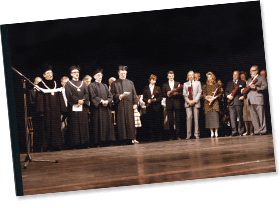

International Summer Academy Prague Vienna Budapest
The International Summer Academy Prague Vienna Budapest, the largest permanent project of the University of Music and Performing Arts Vienna, is founded.
University of Music and Performing Arts Vienna
Pursuant to the Law on the Organization of Arts Universities (KUOG), on October 1st 1998 the official titles of art colleges are changed to art universities. The former „Hochschule” is now University of Music and Performing Arts Vienna.
Opening of the university campus
The University Campus is offically opened after a three-year period of reconstruction under its new address: Anton-von-Webern-Platz 1. Additional buildings are in progress.
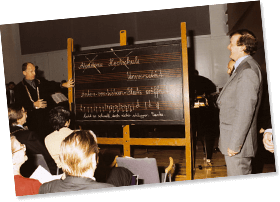
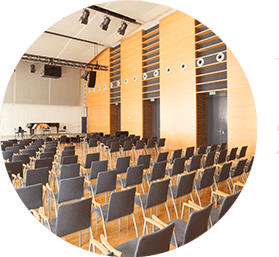
University Act
2002
On 1. October 2002 the Universities Act 2002 (UG 2002) takes effect, granting all Austrian universities full legal capacity as „legal entities under public law“ as of January 1st, 2004. Rector Mag. Dr. Werner Hasitschka is elected.
New organisation chart

The University Council approves the new organisation with 24 institutes and ten service units.
Inauguration of the new rectorate
On 9 November 2015, the inauguration ceremony of the new rectorate consisting of Ulrike Sych and her team, took place at the mdw. For the very first time in its 200-year-old history the mdw is chaired by a woman. She succeeded the longtime rector Dr Werner Hasitschka who has been holding the office since 2001.

